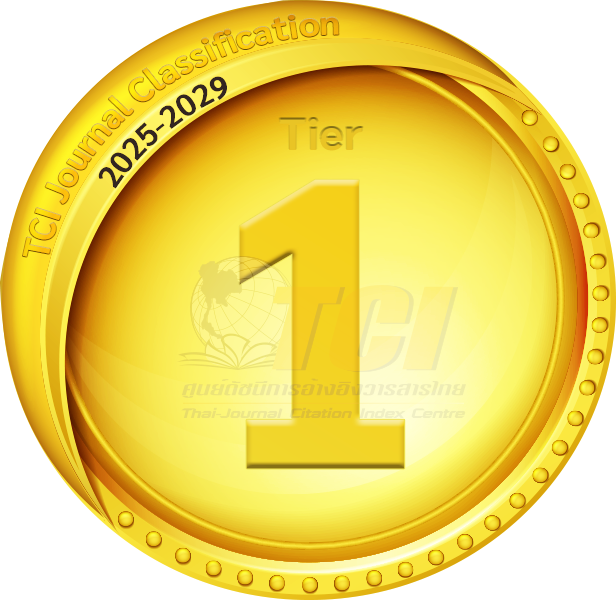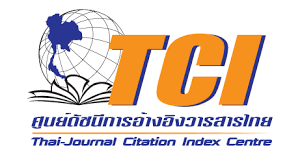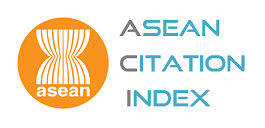Editor's Note
Abstract
As in launching the first Issue of RJSH, Dr. Arthit Ourairat, the President of Rangsit University wrote “the RJSH’s mission and identity: not to be just another ‘publish-or-perish’ publication for tenure-seeking scholars, but to help lead the rightful return of intellectualism to its respected place in society.” We, as a new publication team of the RJSH journal, intend to improve this journal’s quality to act as an intermediate for presenting new researches with frontier knowledge and new ideas for our society. To be more focused, the scope of this journal is intended to cover the following areas: Social Science (Criminal Justice, Economics, Social Innovation, and Political Science), Humanity (History, Language, and Arts & Design), and interdisciplinary studies in Humanity and Social Science.
In this issue, we are so pleased and honored to welcome many articles from ASEAN countries; Malaysia, Indonesia, Vietnam, and Thailand. Since established in 1967, the member countries of the Association of Southeast Asian Nations (ASEAN) have cooperated in politics, economics, culture, as well as academics for several decades. We hope that ASEAN cooperation will be strengthened further. Apart from that, this issue also includes an interesting paper from Nigeria.
Let us go through all six articles to provide some discussion and information to our readers. In the first article, Siti Nurul Iman Muhamad Naim and Idris Mansor studied the classic theatrical script of Tenggelamnya Kapal Van Der Wijck, a Malay-Arabic literary script. It contributes to the Malay-Arabic literary translation and script translators of classical theatre dialogues.
In the second article by Xi Chen, Paijit Ingsiriwat, and David Marc Schafer, the authors studied the essence of minimalist lifestyle and design. They found that a modular system, which is customizable and flexible to accommodate multiple users and their needs, could organize their possessions, retaining the overall concept of minimalism and improving the quality of their works and lives.
Next, Hoang Yen Phuong and Hieu Hong Hua studied employers’ requirements for Vietnamese English-majored graduates. They discovered an interesting finding that many of those graduates did not have the attributes that were listed in the employers’ requirements.
The fourth article brought us into the social media advertising of clothing in Thailand. Kamonthip Pho-Klang studied the types and functions of figurative language, a non-literal and creative statement, in social media advertising captions for clothing brands. Her study revealed that alliteration was the most frequently used as its functions were mainly for describing product features and illustrating the model’s look and product quality.
The fifth article is from Ariyo Andrew Tobi who studied technology and election administration in Nigeria. The study concluded that the implementation of the Permanent Voter Cards (PVCs) and Smartcard Readers (SCR) has enhanced the confidence in the electoral process and made the elections more credible than previous elections. However, the contradictions spawned by technology and other factors are still undermining the credibility of Nigerian elections.
The sixth article is from Indonesia. Jesica Santosa, Didi Sukyadi, and Budi Hermawan studied the representation of family diversity in the family book, a children’s picture book. The study found that the working together of the verbal and visual modes in the picture book have created repetitions and meronymies. The family diversity in the family book is represented as normality. Moreover, it attempted to influence readers to accept the variation of families in society. The last article is from Eric A. Ambele and Federlis T. Abam who imply the intralingual movie to enhance the pronunciation of the students.
We welcome your comments and, of course, your manuscripts. Links to our manuscript submission site can be found at RJSH Online Submission and Review System: www.rsu.ac.th/rjsh. We look forward to hearing from you and thank you in advance. We wish you good health through the pandemic of the COVID-19 crisis.

Indexed in


Search